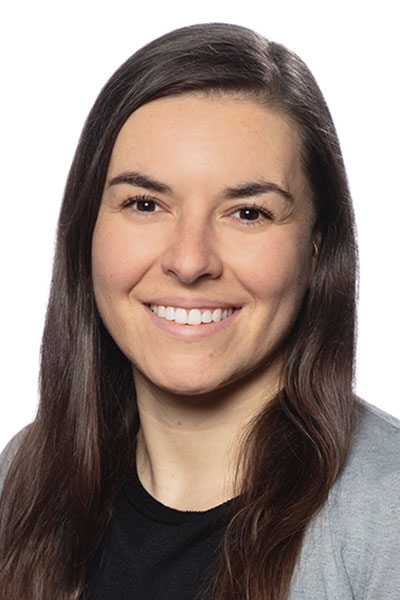
Managing Exercise in Type 1 Diabetes
Sunday, June 25, at 3:15 p.m. PT
Room 24
San Diego Convention Center
Presentation: Increased Glucose Time in Range following Active vs. Sedentary Days in Newly Diagnosed Youth with T1D—4T Exercise Results

Dessi P. Zaharieva, PhD, CEP, CDCES
Instructor,
Stanford University
What is your presentation about?
Many youth with type 1 diabetes (T1D) do not meet physical activity recommendations of at least 60 minutes of moderate-to-vigorous physical activity per day. The teamwork, targets, technology, and tight control (4T) Exercise Study starts youth with type 1 diabetes on continuous glucose monitoring (CGM) and physical activity trackers by 1-month post-diagnosis. Structured exercise education is also offered over tele-health with the goal of reducing barriers associated with physical activity by increasing knowledge, education, and confidence around safe exercise with type 1 diabetes.
What makes this topic important in 2023?
Regular physical activity and obesity remain a significant challenge for many youth with type 1 diabetes. In addition, maintaining glycemia in a targeted glucose range during and after exercise is an ongoing challenge in this population, even with advancements in diabetes-related technologies.
How did you become involved with this area of diabetes research or care?
I have been living with type 1 diabetes for over 25 years and have been involved in regular physical activity, sports, and competition for most of my life. My own personal struggles and challenges around glycemic management and exercise are a large motivator and reason for me getting involved in this area of research!
How do you think your presentation will impact diabetes research or care?
We hope that this research and presentation will shed light on the feasibility, acceptability, and importance of implementing exercise education, CGM, and activity trackers early in new onset type 1 diabetes care. As a next step, we also hope to scale the main 4T and 4T Exercise program beyond Stanford borders so all clinics nationwide can have access to exercise-related resources and content to improve standard of care and deliver this content in their own clinics.
What are you most looking forward to at the 83rd Scientific Sessions?
I am most looking forward to connecting with my colleagues from around the world and there’s no better place to do this than ADA! I am also excited to hear updates on the latest and greatest in type 1 diabetes care!